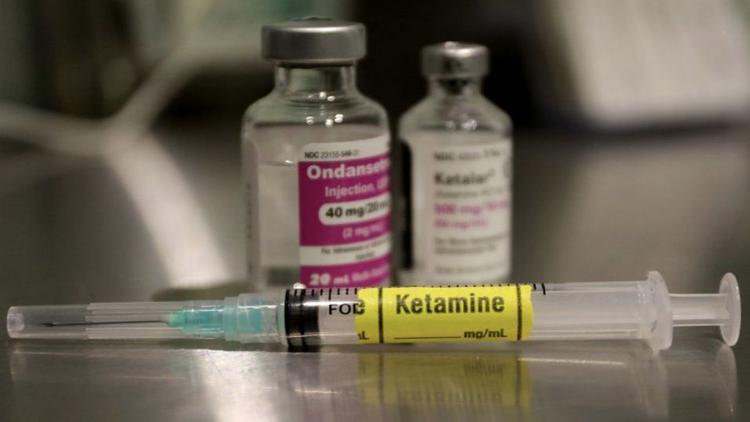Statistically, about 300 million people are depressed around the world. What's more alarming is with the lifestyle we have at present, the number of people suffering from it is dramatically on rising.
Good thing the Food and Drug Administration (FDA) recently approved another medication, which can help people who are dealing with the said mental illness, especially those whose body is resistant to most traditional antidepressant meds. The drug is similar to ketamine, also known as esketamine, according to VOX.
Tiffany Farchione, M.D., acting Director of the Division of Psychiatry Products in the FDA's Center for Drug Evaluation and Research, said, "There has been a long-standing need for additional effective treatments for treatment-resistant depression, a serious and life-threatening condition."
The esketamine will be offered to the market with a brand name Spravato under the company of Johnson and Johnson. The drug will be taken as a nasal spray by people who have negatively respond to traditional antidepressant drugs.
Unlike other medications, ketamine needs only a few hours to react to the body and ease the symptoms of depression. Experts say the drug can already be effective in as little as two hours.
With how effective and fast it can be, experts expect ketamine as the agent they can use for emergency cases with suicidal ideation. Moreover, the drug can also be used for other purposes, such as calming people suffering from posttraumatic stress disorder (PTSD).
As to how it will be taken, medical experts say the usage of the medicine should always be under supervision. Furthermore, not all centers can administer the drug, only those who are allowed.
Farchione also explained how Spravato has been approved by the FDA. According to the expert and as reported by Rolling Stone, The approval has been granted by the agency after several successful clinical trials on the effectiveness and safety of the drug, and also after it passed their careful review.
The drug ketamine, which is also known as "recreational drug Special K, used to be solely for anesthesia. But after several studies and research, experts found out how it can also help manage treatment-resistant depression. Treatment-resistant depression (TRD) is a depression where patients don't positively respond to their traditional medication anymore.
Data from the National Institute of Mental Health (NIMH) reveals how a third of all the people who have depression are suffering from treatment-resistant depression. Since these people aren't able to receive the right treatment for their mental health illness, TRD makes depression even riskier and deadly for them.






